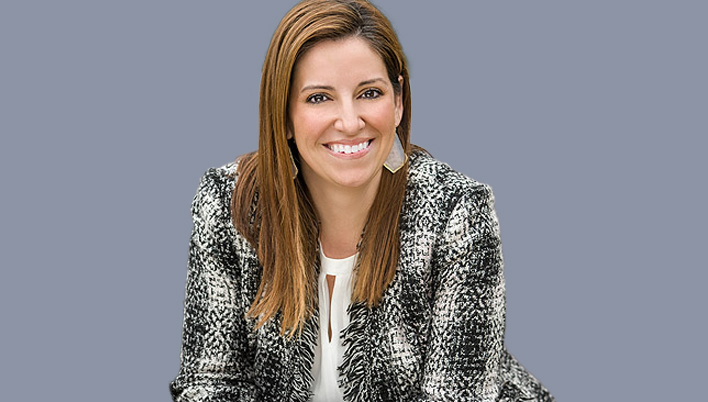Tips to get you on-track
Whether you’re a freelancer, contractor, or aspiring entrepreneur, there is a lot to consider when going into business for yourself. No matter how good your product or service may be, your company will not succeed without solid financial footing. Below, we’ll explore six key components to ensure vital financial wellbeing.
1. Determine business income
In order to determine if your business is profitable, you will need to figure out your business income. Your business income is the amount of gain earned from a sale of a service or product after deducting expenses. For this step, you will identify the total cost of all your products and services and subtract that number from the money earned from sales. This simple step will reveal a lot about your business and spending habits and help you identify where you may need to make adjustments
2. Create a budget and track it
Now that you know your revenue, you need to plan your finances accordingly. Tracking your expenses will give you a clear picture of where exactly your money is going and help you identify any changes that need to be made to ensure profitability. For this step, check your account statements and group your expenses together. An expense tracker, spreadsheet, or expense tracking software will help ensure your finances are in check.
For a more in-depth look at creating a solid financial budget to set your business up for success, visit 6 Steps to Create a Budget for Your Small Business.
3. Consider the effects of retirement planning and emergency savings on your earnings
There are often additional financial costs and expenses that small businesses forget to account for, which can have a dramatic effect on the financial success of your business. As you put together your budget, make sure to account for expenses such as retirement, health insurance, and emergency savings plans. Plan on having at least three months of income saved for an unexpected emergency at any given time.
When thinking about retirement, while you may not be eligible for an employer-sponsored 401(k) plan, you can consider an individual retirement account (IRA), a simplified employee pension IRA, or a solo 401(k) plan.
4. Free up cash flow
The tighter your cash flow, the more critical sticking to your budget becomes. If your budget continues to be tighter than anticipated, you may consider adjusting your budget or looking for outside financing. For help getting started with small business loans to support your business, contact a Stellar Banker.
5. Consider both fixed and variable expenses
The fixed costs of your business will stay the same regardless of how much you produce. These costs may include your lease, rental payments, insurance, and interest payments. Variable costs, on the other hand, can be harder to pinpoint, as these costs fluctuate based on your production or sales. It is essential to tally these expenses and separate them from each other to estimate how much you spend over time.
6. Build a solid customer base
You can have the best business idea in the world, but if you are not reaching your target market, your business won’t succeed. As you are solidifying your business budget and expenses, as discussed above, it is critical to consider how much of your budget will go towards your marketing efforts and to determine the best strategy for doing so.
Next Steps
As part of the community, Stellar Bank is dedicated to offering the support our local businesses need to thrive. To learn more about the steps you can take to support financial wellness, visit our Financial Education Center.
Contact a Stellar small business banking expert if you have questions or need help setting your business up for financial success.




